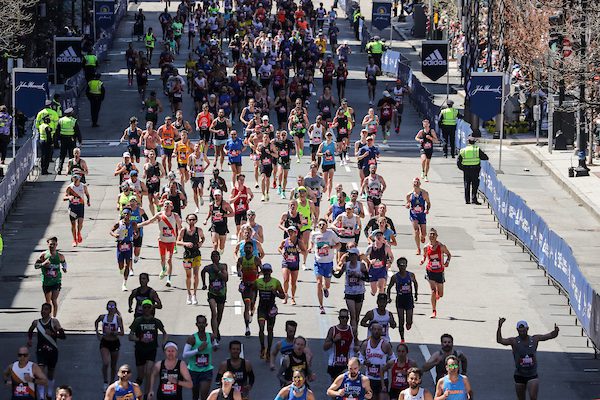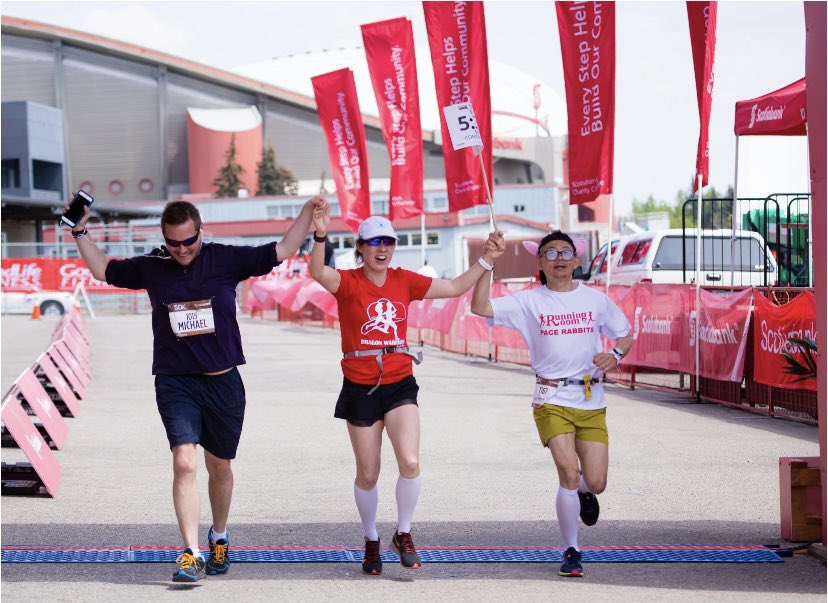How long should you rest after a marathon?
The marathon is a gruelling distance, but what is the adequate time your body needs to recover?
 Photo by:
Kevin Morris
Photo by:
Kevin Morris
First things first: if you’ve recently completed a marathon, congratulations. Whether you crushed your goal or hobbled to the finish, you might be feeling that post-race high that has already motivated you to sign up for the next one. Usually, after a marathon, your muscles and tendons take a little more time to recover than in shorter distance races. How much time should you take off before you resume running?

The marathon is a gruelling distance, as you’re pushing your body’s aerobic boundaries for three, four or more hours; so it’s important to give your body adequate time to recover to prevent injury.
For a marathon runner who spent four to five months logging miles, physically and mentally training for a 26.2-mile race, taking a few days off (or worse, a few weeks off) seems counter-intuitive. After a good or bad race, all you want is to capitalize on your fitness and continue to chase your ultimate goal, and it can be tempting to get going again after a few days of recovery.
How long should you allow your body to rest?
Experts suggest taking a minimum of two to three weeks for a full physical and mental recovery from the strain of running a marathon. Another common practice is resting one day for every mile you’ve run, meaning at least 26 days of no hard running or racing.
Some runners even believe that taking a week or two off training will completely diminish their fitness, but that’s not true. In fact, not taking enough time to completely recover after a marathon can lead to severe injuries or overtraining, which can scupper your future training plans.

The truth is that there is no exact formula to follow for recovery after a marathon. No matter what your plan is, you should always listen to your body and make sure you’re fully recovered before you resume your race training routine.
The good news is that light fitness activity actually helps you recover faster, because it promotes circulation, which delivers fresh oxygen and nutrients to muscles, aiding healing and recovery. Try activities like biking, walking or the elliptical to keep you in shape during your time off. Then when you return to training, ease into it with short, easy runs and add workouts only when your body and muscles are ready.


